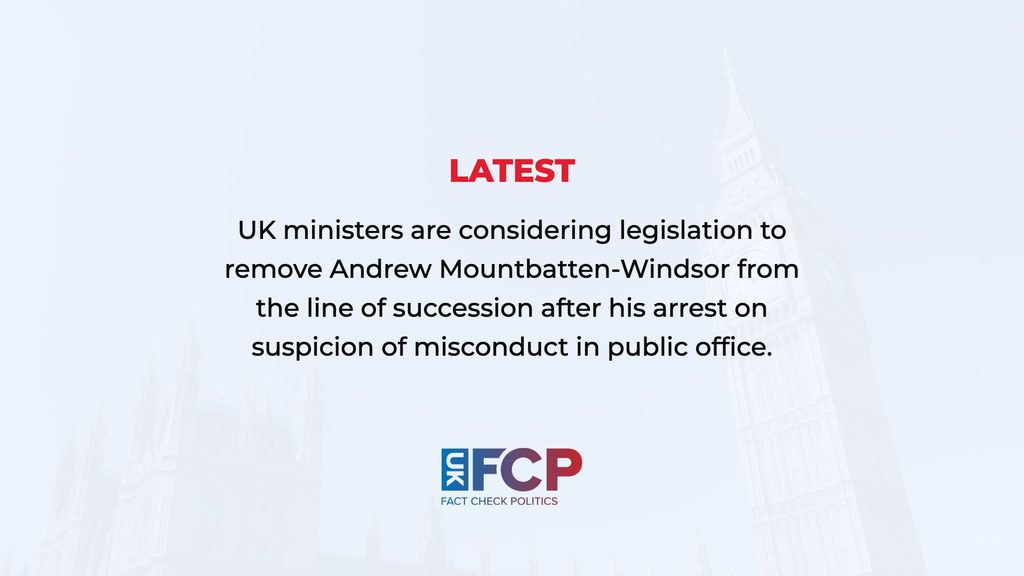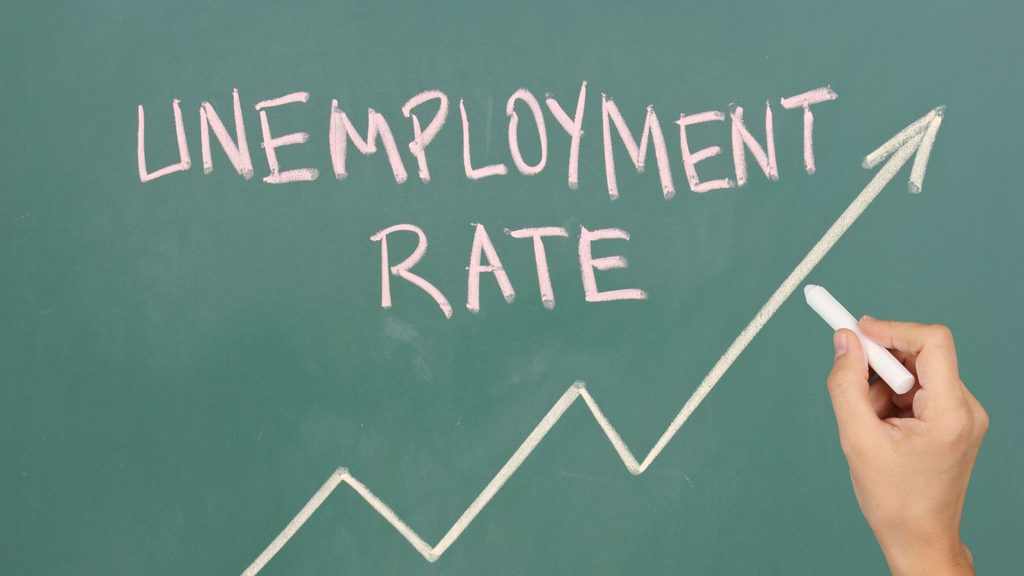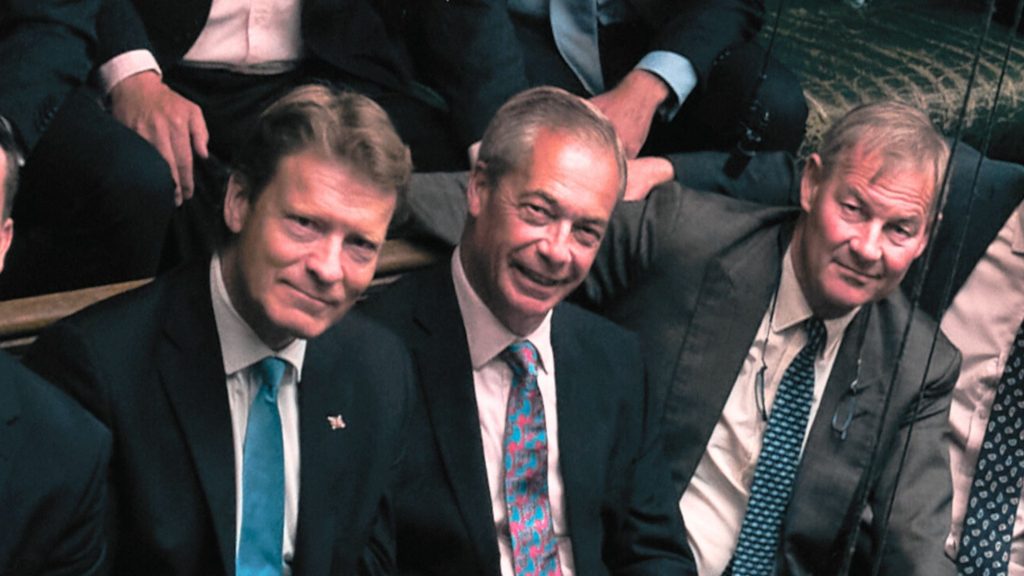Keir Starmer is preparing to frame the coming months as a national choice between renewal and a slide into division, promising a progressive fightback against what he calls a wave of far right politics and the rise of Reform UK under Nigel Farage. The prime minister is expected to say the country stands at a crossroads and that his government will answer not only the practical questions on migration and the economy but the moral ones, a shift that comes after senior Labour figures warned he had not mounted a passionate enough response to Reform.
Downing Street aides say Starmer has been taking soundings across the parliamentary party and intends to set a confident tone ahead of Labour’s conference, aligning with other centre left leaders on Ukraine and Gaza while confronting domestic culture war flashpoints. One official said it would be a fatal flaw for social democrats to ignore public concerns on immigration, an acknowledgment that Labour must answer anxieties without conceding to grievance politics.
The timing is deliberate. Farage on Monday unveiled plans to abolish indefinite leave to remain and replace it with a rolling visa regime with a high salary threshold and tighter rules for families. Labour condemned the move as a path of division and decline. The Financial Times reported that Reform wants a renewable system with tough eligibility and curbs on benefits, an overhaul critics say would be severe and economically damaging.
Anger inside Labour was swift and public. Sarah Owen, who chairs the women and equalities select committee, called the proposal morally abhorrent and economic madness and said the public believes in fairness and mutual respect. The Labour MP Charlotte Nichols called the plan obscene and warned it would tear families and communities apart.
Starmer’s recalibration follows a turbulent fortnight. He lost his deputy leader Angela Rayner and the UK ambassador to Washington Peter Mandelson after separate scandals, blows that triggered fresh questions about judgement and party discipline. Coverage in national titles has chronicled the political fallout and the polling slump that followed.
The prime minister and his allies insist the government has not been silent on its own agenda, pointing to pledges on green energy, stronger workers rights and a higher minimum wage while shielding most working families from tax rises in the last budget. The speech, they say, will argue that progressive policy must be matched by moral clarity when countering those who profit from division.
Starmer’s hand has also been forced by events on the streets. A nationalist march billed as Unite the Kingdom and fronted by the activist Tommy Robinson was addressed by Elon Musk via video link, an intervention that drew condemnation from ministers and prompted the prime minister to vow Britain would never surrender its flag to far right agitators. Independent and London press reports catalogued Musk’s incendiary language and his call for sweeping political change.
There is a strategic wager behind the new tone. For months No 10 avoided trading daily blows with Farage, declining to amplify proposals that included mass detention and deportation and withdrawal from the European Convention on Human Rights. Now the government plans to meet Reform’s arguments head on and to do so on ground where it believes Farage is most vulnerable, the clash between workable policy and a politics of grievance that promises quick answers and leaves institutions weaker.
Starmer has told colleagues that the test is whether a mainstream party can protect social cohesion while addressing the pressures that have frayed it. Allies say the coming address will be a bid to reclaim the language of patriotism from those who use it to divide, and to draw a line between firm control and needless cruelty. If Labour fails to offer that balance, one senior official warned, people will look elsewhere.
The prime minister’s challenge is not only to defeat Farage but to steady his own party after a hard summer. That task will begin with words. The harder part will be to make voters believe that progressive answers can deliver security and fairness at the same time and that the country can take the road to renewal rather than the path that pits neighbour against neighbour.







Comments
No comments yet. Be the first to comment!